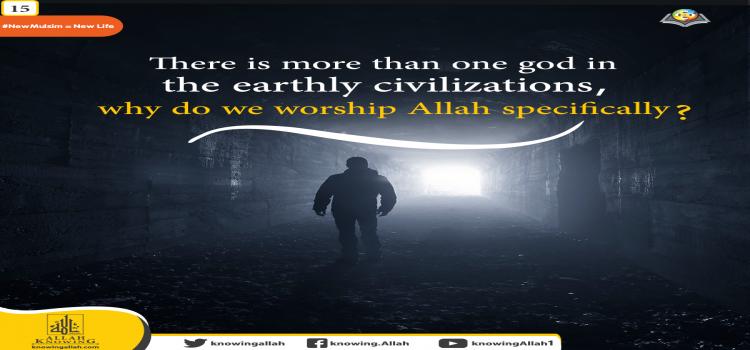First: God’s Incarnation in Ancient Pagan Religions
First: God’s Incarnation in Ancient Pagan Religions
Believing in an incarnated God, the second divine hypostasis of God, incarnated to forgive people’s sins, is an old and known belief in ancient religions, such as Hinduism. In his book “India”, the historian Allen said, “Krishna is the greatest of all the incarnated gods, and much superior to them, for they were only partly divine, but He (Krishna) appeared as god in a human figure.
Mentioned in the Indian book “Baha Kavat Boron”, Krishna said, “I will incarnate in Yedwa house, and come out from Devaki womb, I will be born and die, the time has come to show my power, and relieve the earth of its burden”. Therefore, the Hindus considered him a divine incarnation that made him worthy of worship.
The prominent historian Dwain talked about Buddha in his book “The Myths of the Torah, the Gospel, and Their Similarity in Other Religions”. He said, “Buddha was born of the virgin Maya, whom the Buddhists in India and other countries worship. They say about him, “He left the heaven and descended to appear as a human figure, as mercy to people to save them from their sins and to guide them”.
The historian Dawn also mentioned that the Europeans were astonished when they went to Comorine, west of India, from seeing the people worship a god called Silvahana, and he was born of a virgin.
Among humans that people said were incarnate, is the god Fuhi in China, and Wisten Nonick and Hwankty, and others. People used to say of the god Bromesus, “He was a real man and a real god.[1]
Thus, we can say that God’s incarnation existed in ancient Pagan religions before Christianity, from which Paul and the Councils took the belief of Jesus’ divinity.
[1]- Paganism in Christianity, Mohammad Taher Attenneer, pp 47-56


